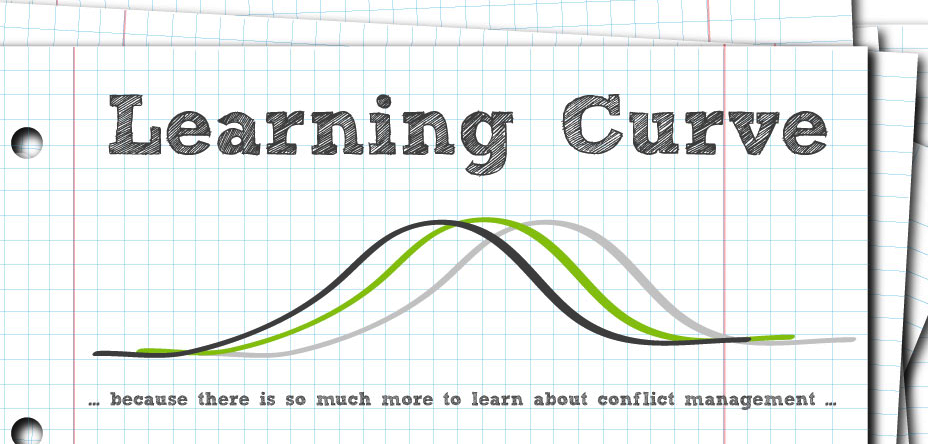 Hello and welcome to my first blog post on Learning Curve. The reason why I started this blog is an argument I just had with my housemates about the TV remote. I guess everyone has been there before, right?
Hello and welcome to my first blog post on Learning Curve. The reason why I started this blog is an argument I just had with my housemates about the TV remote. I guess everyone has been there before, right? But as we were arguing I could not help thinking about how complicated it must be for a manager to deal with conflict situations with ten, fifty, or maybe even hundreds of people when us three housemates don’t even manage do come to an agreement. So how do managers do it?
Firstly I think it is important to talk about what is understood by a conflict. For that I will use Huczynski & Buchanan’s (2010) definition where conflict is described as a process that begins when one party perceives that another party has negatively affected something the first party cares about. This is a fairly straight forward definition I can fully agree with. A conflict arises when I want to finish my movie but my housemate does not want to miss his Sunday football.
 In fact as we were arguing I realised that my female housemate has a very traditional view on conflict management. She kept insisting on stopping the argument, saying that it was bad for our relationship and you could see the negative effect it had on her emotional stress level. And I guess in some respect she was not too wrong, as conflict can be upsetting and disruptive.
In fact as we were arguing I realised that my female housemate has a very traditional view on conflict management. She kept insisting on stopping the argument, saying that it was bad for our relationship and you could see the negative effect it had on her emotional stress level. And I guess in some respect she was not too wrong, as conflict can be upsetting and disruptive.
However in my opinion it is not the argument that was bad but rather the way we were arguing and accepting (or in our case not listening to) each others needs. Quite on the contrary to my female housemate did I welcome the conflict as a constructive force. Because only due to our exchange did we fully understand each other and were able to reach a conclusion that will help us in future to determine who has control over the TV remote.
The more I think about it the more I have to agree that conflict is a constructive agent for change and quite motivating. Every situation I can remember I had a conflict in a working or even university environment my performance improved tremendously and I felt motivated and energised as long as all parties ensured that it remained a functional conflict.

While I take this new knowledge back to my housemates I am curious to hear your opinions and experiences with conflict situations. Has a conflict ever motivated you to outperform yourself? I would also like to see if you agree with me on my opinions about the constructive nature of conflict?
Take care and keep your conflicts functional ;) Laura
